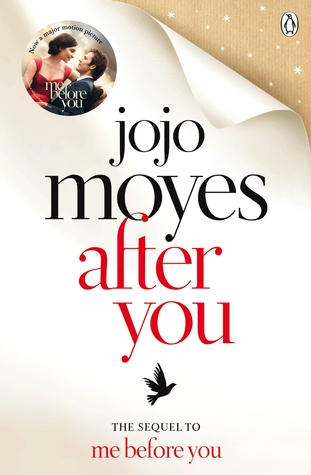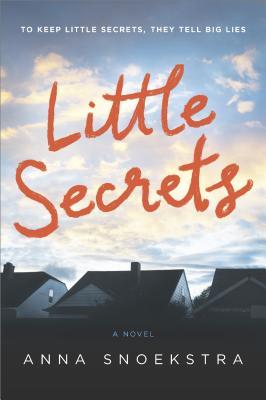“Snow”
Written by Mikayla Elliot
Review written by Diana
Iozzia
“Snow” is a fantasy novel
about a twenty-five to thirty-year-old woman who has been turned into a
vampire, after a very important noble in her country, betrays her. She is
turned in order to save her life, and then she is launched into this brand-new
world. Neva is a beautiful woman who is very kind and cares about her family
deeply. When she learns she is taken under the wing of the handsome, regal
Thedryk, she is informed of the battle between the good vampires and the evil
demons, who all have a mysterious origin story connecting to God and the Devil.
Neva learns many different things about vampirism. Many
of this story is told to the readers, by Neva, after she learns herself. Neva
is a very special person, similar to “the chosen one” trope. She is a magical
person who reincarnates after death, and she can actually undo the curse of
immortality. The main rivalry in this story is the good vampires protecting
Neva and the evil demons and evil vampires who want to stop Neva from undoing
immortality, for many reasons that if I mentioned, I think I’d accidentally
leave some spoilers. Zachariah is the leader of the not so nice vampires, and
my God, he is a good villain.
The book begins with a fantastic first part. The first
few chapters are terribly intriguing. This reminds me of “Beauty and the Beast”
where Thedryk is the wise, regal Beast who lets Belle / Neva live in his
castle. I’m not sure if the author intended for these parallels, but I thought
the similarities were very nice and pretty. This book is very pretty in
general. The dialogue isn’t cheesy or overdone. It does seem to me that the
descriptions are the best parts of the book. Mostly every character is
described well, leaving me with a clear picture in my mind. I also enjoyed part
two. The main focus seems to be the set up of future sequels, and there is a
fantastic “battle sequence” in both parts. Also, the last chapter is a
brilliant cliffhanger, and I’m so curious to find out if / when there is going
to be a sequel. I think this is the best YA / fantasy book I’ve read in a very
long time. I was apprehensive going into this, because I haven’t read vampire
fantasy in quite some time. This book was incredibly better than I suspected.
In my reviews, I’d also like to include the information
I’ve tagged and book marked, which can help me leave further constructive
criticism. I’ve tried very hard not to include spoilers, but if you think you
may be spoiled in just the slightest, please read the book, and then come back
to my review.
1. The first paragraph.
What a hook. Like I said the first chapter and part are fantastically
interesting, but I particularly love a great first paragraph.
2. There are a few
historical inaccuracies, like a certain dress fabric, catchphrases, words, or
some expressions. The book is said to take place in 1287, however, there isn’t
anything specific that ties the era to the date. It seems hard to understand
which terms and expressions would have been used then.
3. I really like the
interesting aspects and characteristics vampires exhibit in this book. They
don’t feel too cliched, and I haven’t read many vampire fiction novels that
have the same characteristics. They include: better insight, eating human food,
vision-like dreams, the reactions to sunlight. In many vampire fictions,
vampires drink animal blood as a second option, a consolation prize, but the
good vampires in “Snow” happily drink animal blood to sustain themselves. They
often mix it in food and wine. I also like that vampires were not created to be
against humans, they’re to live in harmony.
4. I like the writing
style that the first chapter begins already in motion, in media res. We
instantly are thrown into a fighting sequence and Neva’s eventual turn into a
vampire.
5. Because it appears
this book will be open for future sequels, there are some unopened questions
about vampirism I don’t understand. They aren’t related to the plot, for example:
Neva mentions that humans that have a mark are predestined to be turned into a
vampire, but we didn’t learn much of this. There are some other aspects I’d
like further explanation on: the origin story of the creation of vampires and
demons, auras,
6. I’d love to explore Thedryk’s
relationship with Neva in the sequel.
7. I’m not usually happy
with YA / fantasy, when it falls under the trope of the main character unable
to have a relationship with their family.
8. Zachariah is a
fantastic, creepy, and haunting villain. He’s charming, funny, and he makes
your skin crawl. It’s great.
9. Portals to the
future??? What. No thank you. At points, I worry this novel is biting off more
than it can chew. I really love it, but maybe this is too much.
10. There are a few
skills and powers that vampires have that make me very uncomfortable. (Page
156). They do not bode for healthy relationships with others.
11. The ways to kill
vampires are confusing to me. I think. I think they can be killed in
conventional ways, but it appears to take more effort. I’m not sure on this.
In conclusion, I really enjoyed this book. It surpassed
my expectations, and has become a new favorite in my fantasy collection. I
don’t usually keep advanced or complementary reader copies into my collection,
but this one is a true keeper. I’d like to pass this on to some friends, I have
a few who enjoy vampire fiction. I can’t wait for a sequel!









